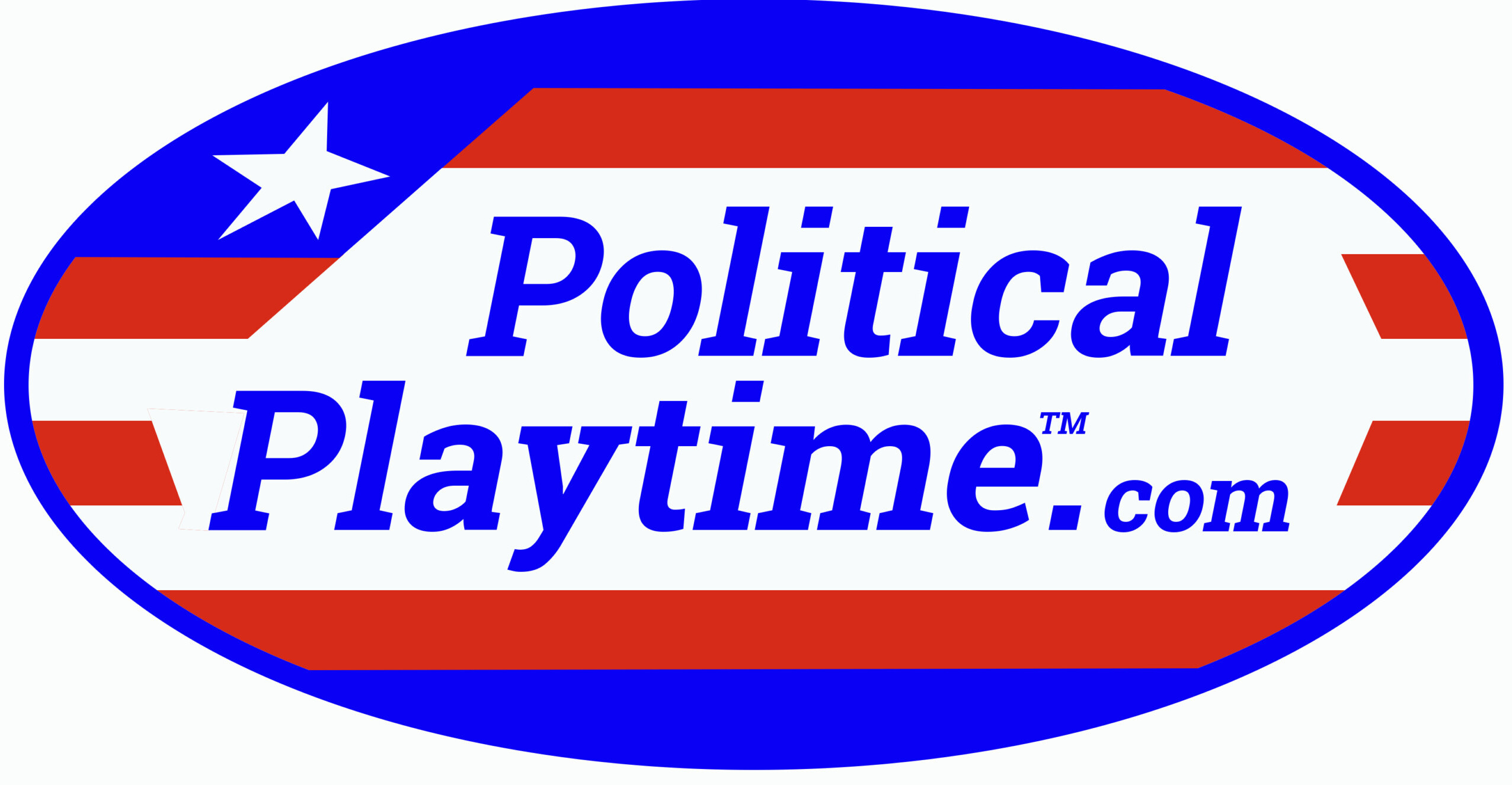Trump’s Oath and Congress’s Silence: An Analysis of Power, Accountability, and Gridlock
By Political Playtime
September 19, 2025
When Donald Trump took the presidential oath of office in 2017, he swore to “preserve, protect and defend the Constitution of the United States.” That oath is the bedrock of presidential legitimacy. Yet over the course of his presidency—and again in his return to the political stage—critics argue Trump has repeatedly tested, and sometimes breached, that solemn pledge.
The more pressing question may be why Congress, empowered by the Constitution to check such overreach, has proven largely unable—or unwilling—to do so.
What the Oath Demands
The Constitution makes no detailed list of violations. Instead, the oath binds a president to safeguard democratic institutions, respect the separation of powers, and uphold the rule of law. Accountability depends on political will as much as legal standards.
Examples of Alleged Violations
Undermining the Peaceful Transfer of Power
After losing the 2020 election, Trump pressured state officials to “find votes,” urged his vice president to block certification, and encouraged supporters to march on the Capitol. The January 6th assault disrupted the constitutional process for transferring power—an event many scholars see as a direct breach of his duty to uphold the Constitution.
Defying the Emoluments Clause
Lawsuits and investigations during Trump’s presidency highlighted his continued ownership of hotels and businesses that received payments from foreign governments. The Constitution’s Emoluments Clauses forbid federal officials from accepting gifts or benefits from foreign states without congressional consent. While courts ultimately sidestepped the cases, the arrangement was widely criticized as a conflict of interest.
Ignoring Congressional Power of the Purse
In 2019, Trump declared a national emergency at the southern border and diverted billions of dollars in Pentagon funds to build a border wall, despite Congress explicitly rejecting the allocation. Legal challenges argued this usurped Congress’s constitutional authority over federal spending.
Retaliation Against Inspectors General
During his term, Trump removed multiple Inspectors General, including the intelligence community watchdog who forwarded the Ukraine whistleblower complaint to Congress. Critics argue these dismissals undermined the Constitution’s separation of powers and Congress’s oversight authority.
Questioning Constitutional Rights
In 2025, Trump publicly wavered when asked whether noncitizens are entitled to due process under the Fifth and Fourteenth Amendments. While experts note these protections clearly apply, his response raised concerns about whether he would uphold constitutional guarantees if returned to power.
Why Congress Hasn’t Stopped Him
Partisan Barriers
Impeachment requires two-thirds of the Senate to convict. In today’s polarized climate, that threshold is politically unattainable unless members of a president’s own party defect in large numbers. Twice impeached, Trump was twice acquitted along party lines.
Political Incentives
Members of Congress often weigh loyalty to their base against constitutional principle. For many, breaking ranks risks primary challenges and political exile.
Institutional Weakness
Congressional investigations take time, produce mixed results, and can be brushed aside if public opinion is divided. In the age of fragmented media, even well-documented reports may fail to shift political ground.
Legal Ambiguity
Not all alleged violations are illegal. Courts often treat “oath-breaking” as a political matter rather than a justiciable offense. That leaves Congress as the chief enforcer—and when Congress hesitates, enforcement falters.


